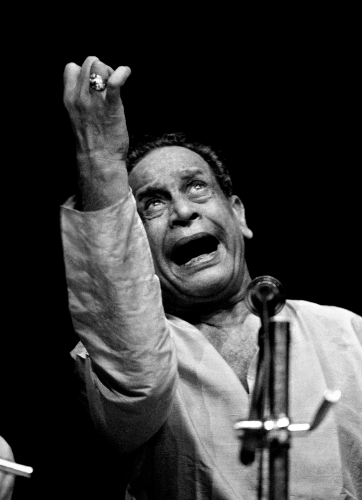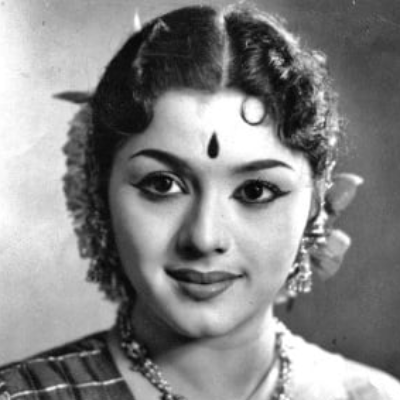This section is for paid subscribers only. Our subscription is only $3700/- for one full year.
You get unlimited access to all paid section and features on the website with this subscription.
Subscribe to read full article
This section is for paid subscribers only. Our subscription is only $37/- for one full year.
You get unlimited access to all paid section and features on the website with this subscription.
Not ready for a full subscription?
You can access this article for $2, and have it saved to your account for one year.
- Release Date1956
- FormatB-W
- LanguageTamil
- Length5117.29 meters
- Number of Reels19
- Gauge35 mm
- Censor RatingU
- Censor Certificate Number14094
When Ashok tries to rescue Aruna, the girl he fancies, from her kidnappers, he is hit by a car and loses his memory. He wanders around and joins a group of nomads. Rupa the gypsy in the group falls in love with him. Her love and songs have a therapeutic effect on Ashok who is given to bouts of depression whenever he tries to recollect his past. Eventually, Ashok is cured of amnesia and is reunited with Aruna. Rupa is shot while trying to save Ashok as the bad guy tries to kill him, and dies. It is revealed that Rupa is, in fact, Aruna’s sister who had been kidnapped as an infant.
This film had all the ingredients of an entertainer - group dances, songs, drama, and a climactic ending. The story and script were written by C V Sridhar, who later emerged as a successful director and made the “eternal triangle” his favorite theme. He later wrote and directed many films based on the same motif, with all the characteristic conventions of such stories.
An interesting feature was that more than one person composed the music for this film. G N Balasubramaniam, the Carnatic music maestro composed one and the other was composed by G Ramanathan. The popularity of the lead actors, Sivaji Ganesan as Ashok, Savithri as Aruna, and Padmini as Rupa, all three at the peak of their careers, was another reason for the success of the film. There was also a comic sub-plot, with Thangavelu in the lead. The cinematography of the film stood out as well as A Vincent made his mark in this film and particularly the scene where the villain smashes a radio, recalling a similar sequence in A Street Car Named Desire (English, 1951).
Anti-capitalist sentiments and vague radical ideas are mouthed by the hero, who works for a brief time, in a factory and as proof of his ideology, one of the songs makes a reference to the landowner and tiller conflict in the Thanjavur area.
[from the book The Eye of the Serpent by S Theodore Baskaran]
Cast
Crew
-
BannerVenus Pic, Madras
-
Director
-
ProducerVenus Pic, Madras
-
Music Director
-
Story Writer
-
Cinematography









.jpg)



